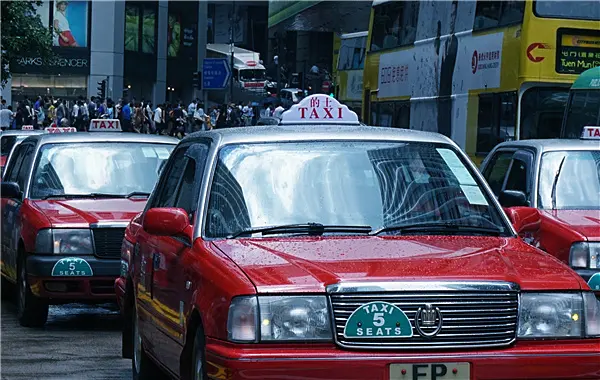Earlier this week, the UNESCO unveiled 78 new nominations to be inscribed in the Memory of the World International Register this year, but failed to announce the entry of “Voices of the ‘Comfort Women.'"
The archives, jointly filed by China, S. Korea and six other regions and countries, included 2,744 pieces of historical materials and investigations related to the “comfort women," or wartime sex slaves for Japanese soldiers during World War Two.
The “Documentation on ‘Comfort Women’ and Japanese Army discipline," filed by Japan, aimed at covering the war crimes against sex slaves, was also postponed.
San Francisco residents demanding Japanese government to apologize over "comfort women" issue.
The International Advisory Committee of the Memory of the World Program (MoW) recommended setting a place and time convenient to the nominators and concerned parties for a dialogue, hoping to unify nominations to reflect all relevant documents, according to the website of the UN Educational, Scientific and Cultural Organization (UNESCO).
It was the second time the archives failed to enter the MoW, after China’s independent request was announced in 2015.
Su Zhiliang, chief expert of the “Voices of the ‘Comfort Women’” program, said that the UNESCO failed to stick to its purpose of preserving the true voices in human history and shirked on its responsibility.
After the announcement, Su has confined himself in the office, reviewing every detail in the process. He said he would not give up.
A "comfort women" monument is seen at St. Mary Square in San Francisco, US.
The Memorial Hall of the Victims in Nanjing Massacre by Japanese Invaders published an official announcement on its website, saying that they felt sorry for such a result, while stressing strong belief that the justice will come sooner or later.
Su has devoted over two decades to studying the history of the “comfort women." According to his research, the Japanese army built a large number of comfort houses from 1937 to 1945, and at least 400,000 Asian women were forced to become sex slaves to the Japanese soldiers.
He said such a crime committed by a country is unprecedented in human history.
Despite all the crimes, more than 70 years have passed since the end of the World War Two, and yet Japan has not decently apologized for its crime. On the contrary, the Japanese government has resorted to every means possible to obstruct the nomination, said Su.
As of August this year, only 14 of the Chinese mainland’s registered “comfort women” remain alive.
“The work may be even harder in the future, but no matter how detailed the work is, I’ll keep devoted to it, step by step,” said Su Zhiliang.
(CGTN)
 简体中文
简体中文







